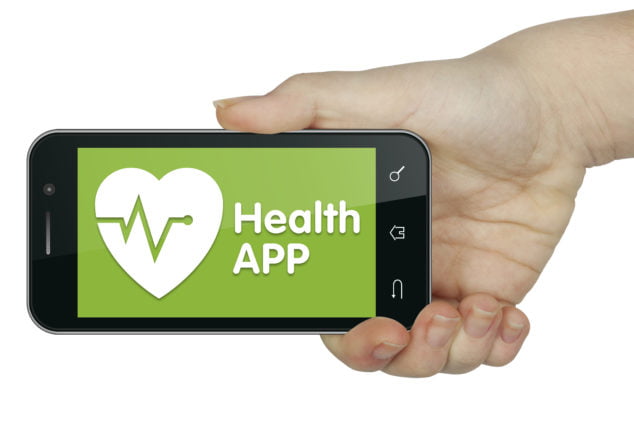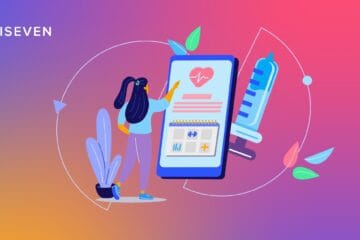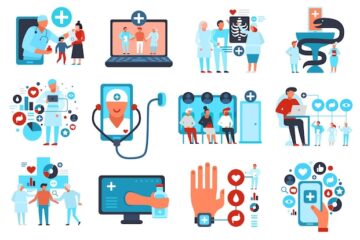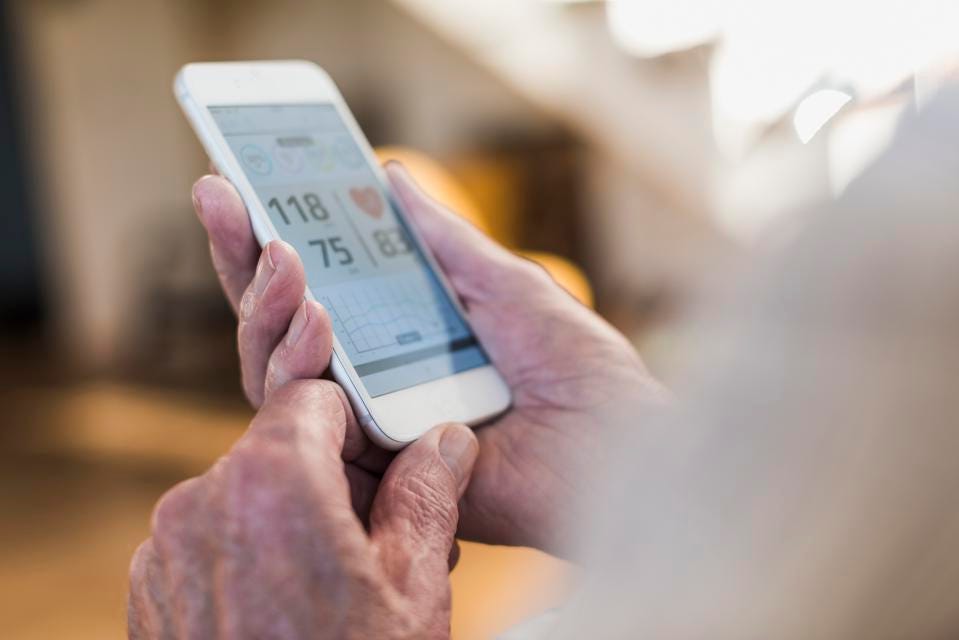
Healthcare technology is now a major disruptor in an industry where population is stretching the resources on the NHS.
With 1.5 billion global unit sales of smartphones this year. Ten years from now everyone from teens to the elderly will be carrying a smartphone, and these mobile devices will be far smarter than they are today.
In addition to being location aware, the smartphone of the future will be situationally and contextually aware.
The market for mobile health apps this year has quadrupled to $400 million, according to ABI Research, radically changing the way health care is delivered and accessed.
An example of this, last year, Pocket App, a UK app developer, launched a new ‘Breast Awareness’ mobile app.
The app was designed as an innovative method of engaging with a wider audience via mobile to raise awareness of the symptoms of breast cancer.
The interactive app was developed in collaboration with Breast Cancer Care, it featured a quiz that encourages women to become more breast aware by identifying whether a series of breast changes are the result of breast cancer or not.
Dependent upon their answers, women are then provided with information educating them on the signs and symptoms of breast cancer and can share their results on social media to further raise awareness of the app and of the issues surrounding the disease.
For healthcare delivery, this is an example how the world of inbound patients is changing into a world of inbound data.
The impact of this shift on the healthcare system and how consumers use and act on health information will help the NHS in its long term delivery.
Health Secretary Jeremy Hunt wants the NHS to be paperless by 2018 – a move that will help save the health service billions of pounds a year.
PwC suggests a potential £4.4 billion could be put back into the NHS with better use of information and technology.
Medical apps make smartphones useful tools in the practice of evidence-based medicine at the point of care, in addition to their use in mobile clinical communication.
Also, playing a very important role in patient education, disease self-management, and remote monitoring of patients.
Patient education is a crucial part in making users understand their own bodies. The advantage in pushing out daily medication reminders to providing information about what to do in case of an emergency, branded health apps make it easy to manage routine tasks, stay informed, and promote loyalty.
Also apps can include simple tools to help patients manage themselves as a part of their aftercare is a key reason why hospitals are creating not only general hospital apps, but targeted apps that can help patients manage anything from cardiovascular health to diabetes.
Disease self-management represents the greatest health care challenge in many locales.
Apps enable patients with serious problems to record their own health measures and send them electronically to their GP’s.
Access to medical care in rural areas is a challenge in every country around the world and self-management can be beneficial to offering empowerment to patients with chronic disease.
Remote monitoring will provide two benefits for patients- early intervention for chronically ill patients and engaging patients in follow up care.
When patients are connected to remote patient monitoring tools, they are able to keep track of their own health, as well as connect with their providers regarding any specific concerns.
This will have notably positive effect on the care of patients, specifically because health carers are better able to intervene in health issues early on.
Engaging with patients in follow up care offers a positive effect on patient engagement beside remote monitoring tools.
For example, messaging systems are quite useful in engaging in follow-up patient care.
Prompting patients to take part in certain follow-up care, specifically maintaining a proper medication schedule, can enhance the quality of a patient’s follow-up care. The following provide challenges for healthcare in terms of endorsement, information governance and integration.
Contents
Clinical development
If a mobile app is to be used in a healthcare setting then it is important that the people ‘prescribing’ the app are involved in its development. Clinical endorsement of safe health apps will also help to prevent the use of apps that are unsafe.
Information governance
Mobile health apps need to store and transmit patient data safely.
Mobile app developers in the healthcare space must invest resources into the governance of patient identifiable data and ensure that their patient’s data is safe and secure.
Patient endorsement
Users must be willing and able to adopt the mobile app in question and use it properly. The app must be focused on the patient and their needs without causing them unnecessary hassle or wasted time, otherwise they won’t enjoy using it or derive the benefits.
Clinical integration
Integration will allow patients to be referred onto an endorsed app from within a clinical system and information generated by the app to be injected back into the clinical system.
This will make management of the information generated by the apps much more efficient for a clinician to manage.
Full adoption of mobile health services cannot happen soon enough. The provision of health services over mobile devices has the potential to cut costs while maintaining or even improving the quality of care on the NHS and expanding workforce.
As with any industry there are challenges, but in a time where both private & public healthcare is at full stretch placing the onus on the end user will provide valuable support, whilst giving the patient a better understanding of themselves.
[Source:-Information age]




